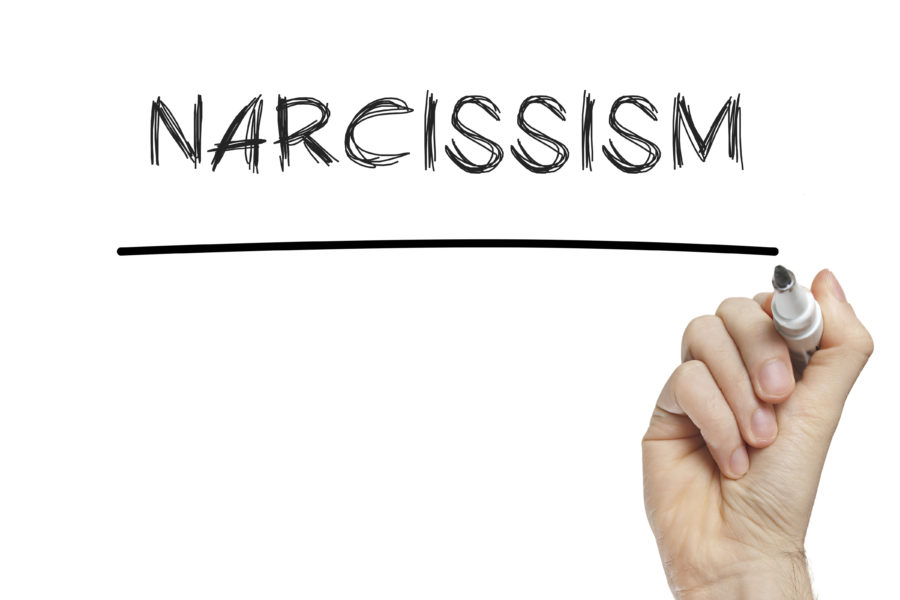
Why does it matter if you grew up with your feelings ignored (Childhood Emotional Neglect)? To you, it may not seem to be all that important. So let’s talk about the 3 most tragic Childhood Emotional Neglect symptoms in adults.
Childhood Emotional Neglect (CEN): A subtle, often invisible childhood experience that happens when your parents fail to notice or respond to your feelings enough.
In all of my years as a psychologist, I have never seen anything so seemingly innocuous, yet so powerfully damaging as the simple failure of your parents to notice or respond to what you are feeling as they are raising you. It’s a “simple failure” that becomes a part of your everyday life forever.
Growing up with your emotions disregarded automatically communicates a silent, but powerfully effective, message to your deepest self: as a child, you accept, on a very deep level, that in your childhood home, your feelings do not matter. As a child, you must wall off your own feelings so that you will never appear sad, hurt, needy or emotional to your parents.
Going through life ignoring and undervaluing your emotions has some very predictable effects on your life as an adult. I have seen the pattern play out in the lives of countless lovely, otherwise healthy people. Always the same silent struggles, the same unanswered questions, the same deep sense of being different from everyone else.
When you grow up with Childhood Emotional Neglect, you end up experiencing the worst of two worlds. First, you are disconnected from your feelings, which should be stimulating and guiding you. You are living without enough access to this marvelous, powerful, energizing feedback system: your emotions.
Second, your walled off emotions remain unaddressed and unmanaged. Those blocked emotions just sit there, unattended, roiling and waiting, perhaps emerging at times which seem to make little sense to you. Or maybe seldom emerging at all, but instead causing you to make poor decisions or develop health problems, like headaches or back pains, or worse.
In the book Running On Empty: Overcome Your Childhood Emotional Neglect I identified 10 struggles of the emotionally neglected adult. They are feelings of emptiness, counter-dependence, unrealistic self-appraisal, poor self-compassion, guilt and shame, self-directed anger/self-blame, the Fatal Flaw, difficulty nurturing self and others, poor self-discipline and alexithymia.
If left unaddressed, all these silent struggles work together to cause some powerful effects on your life.
The 3 Most Tragic Childhood Emotional Neglect Symptoms In Adults
1. You will never get what you want unless it’s by chance
Not knowing what you feel makes it hard to know what you want. That’s because “want” is a feeling, not a thought. I have watched scores of talented, capable people drift in their lives, making decisions that are not quite right for them, or going where the tide takes them. Sometimes they get what they want, but it’s often a matter of chance, not choice.
2. You never get to know yourself
When you are disconnected from your own feelings, you are blocked from the most deeply personal part of who you are. You are probably good at noticing and attending to other people, but you are not paying attention to yourself.
In fact, you continue to squelch your true self in exactly the way your parents, maybe unintentionally, squelched you as a child. You have hurts and triumphs, loss and accomplishment, pains and love, anger and pleasure, sadness and joy, all inside you. If you would listen, you would learn who you really are.
3. You hide your light
Of the 3 most tragic Childhood Emotional Neglect symptoms, this is the one that makes me the most sad.
Other people catch glimpses of your light, although you probably have no idea that you have it. You have caught glances of it in the past, when you have surprised yourself by doing something you thought impossible for you to do, faced a fear, felt a warm glow of connection from someone important to you, or been vulnerable in a brave way. If you think deeply about this you will remember.
Your light is special because it is uniquely you. It is a product of your genes, your emotions, and your life experiences. Other people see it, even though you hide it. Putting yourself on the sidelines or trying to stay invisible; avoiding conflict and being afraid to “rock the boat” are all ways to hide your light.
Sadly, as you continue to squelch your light, you are holding yourself back from being your best and true self. What feels “safe” is actually “dark.”
You deserve better. And you can allow yourself to have it.
The Good News — The Answer To The 3 Most Tragic Childhood Emotional Neglect Symptoms
Just as the cause of all of these struggles seems simple — your parents didn’t respond enough to your emotions as they raised you — so also seems the solution.
You grew up with your feelings ignored, and now you must do the exact opposite. You can start right away simply paying attention to your feelings.
Take the time to notice when you are feeling something, learn how to name what you are feeling, and begin to learn how to use your feelings to inform, direct, motivate and guide you.
When you do the work, you get to reap the rewards. You will gradually start to know yourself, get what you want, and let your light shine.
And all that’s actually happening is that you are becoming more authentically your true self, and that is everything.
To find out if you grew up with Emotional Neglect, Take The Emotional Neglect Test. It’s free.
To learn much more about how Emotional Neglect happens and how to heal it, see the book, Running On Empty: Overcome Your Childhood Emotional Neglect.
To find out how Childhood Emotional Neglect holds your relationships back and how you can solve it, see the book Running On Empty No More: Transform Your Relationships With Your Partner, Your Parents & Your Children.











